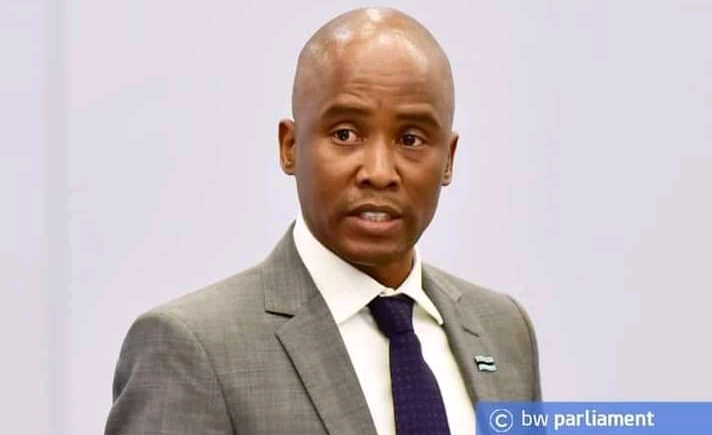GAZETTE REPORTER
The MP for Kanye North is a man on a mission. Spurred on by Parliament passing his motion which prohibits granting trading licences for businesses with the same beneficial owners, his citizen economic empowerment crusade in Parliament is tackling some of the country’s most powerful economic interests head-on, rubbing established cartels up the wrong way along the way.
The vested economic interests that Thapelo Letsholo aims to tackle next include monopolies in the chicken industry, car dealerships and the insurance industry. In an interview with The Botswana Gazette, he stressed that without a deliberate, persistent and strong helping hand, Batswana will forever remain consumers, and not business people, because that is exactly how the cartels like it.
The plight of Batswana
“We are an open economy,” he says. “That is all very good until you realise that it has not worked for Batswana. We need to intervene in the way the Botswana market currently operates. We need to spread wealth across as many households as is possible. That really is the gist of all that I have been saying in Parliament.”
His crusade has not gone unnoticed, and he reveals that he has received hostile phone calls from established interests in business which he says often send their proxies who are Batswana to derail him from his citizen economic empowerment path. “My motions are meant to complement government efforts,” he says. “The economic plight of Batswana is an urgent situation. When people in my constituency share with me their economic difficulties, I cannot sit back and do nothing. I am highlighting those by bringing them to the attention of Parliament and the nation.”
Letsholo uses an anecdote to drive his point home further. Shortly after the government closed borders to vegetable imports, a group of women in his Kanye North constituency came to see him. A chain store had asked them to supply it with tomatoes. However, upon arrival at the store with their first consignment, the women were told they would only be paid after their produce was sold.
Rotting tomatoes
A week later, they received a call from the chain shop. The tomatoes were getting rotten, they were told, and the women must come and take them back. After some investigations, the women established that the same chain store was engaged in farming and was producing large quantities of tomatoes. “This is an unfair kind of competition,” says Letsholo.
“What it means is that the chain store sells the women’s produce only after their own produce is exhausted. If that does not happen, the women’s produce will rot. That actually is the story of the vegetable import ban. It has not worked the way the government had hoped it would. Is this an attempt by chain shops to frustrate government efforts?”
He then turns to the ban on importation of bakery and confectionary products. “Do you know who runs the biggest bakery in Botswana today? Bolux! Just tell me how a small citizen baker who buys all their inputs from Bolux Milling can hope to compete with Bolux bakery products?”
This representative of the people of Kanye North has no kind words for the wholesalers for opening their own bottle stores. “Will they be happy if KBL opened its own bottle stores too?, Letsholo queries. “Increasingly Batswana are being squeezed out of all business opportunities. We need to stop this.”
A glut of well-trained Batswana
The most controversial and divisive industries that he may tackle next are the car dealerships for what Letsholo says is a structured badly value chain. According to the MP, there is lack of transparency and no disclosure on how much maintenance of a car costs. He says there is a glut of well-trained Batswana in all aspects of the business of running car dealerships but they continue to be closed out because of long-term agreements signed by a few businesspeople.
“There are no car manufacturers in Botswana,” he says. Just who are we protecting? In the end, the car owners have no choice regarding where they can take their cars for service. This is uncompetitive and unfair because ours is an environment where there are very few players. Batswana should be allowed to service their cars at independent service providers of their choice.”

